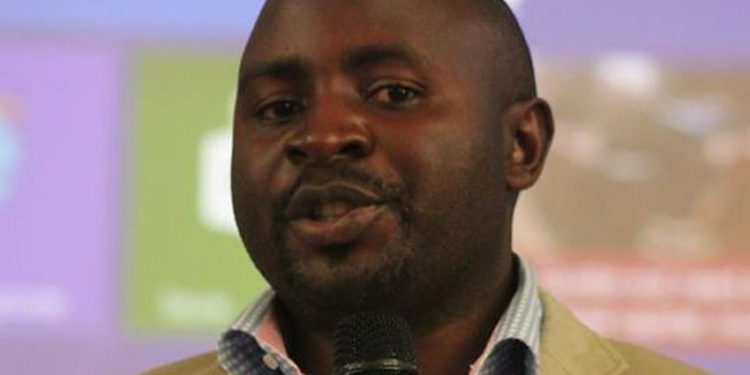Uganda’s commercial banks have over the last few days been releasing their annual results, some registering record profits. One of them led the pack with an annual after-tax profit of US$100 million! It must be great time to be a banker!
But then if you’re an ardent reader of Ugandan newspapers, you will notice that some dailies carry at least two pages of properties and assets being advertised on forced sale by auctioneers working for the same banks. On Facebook and Instagram, once you get your way past Ugandan authority access restrictions, you will notice many properties are on sale, coerce-fully. In many suburbs, many properties have been, in the boldest of letters, an declared bank properties and are up for sale.
Of course, policy makers argued that government had no business running banks and that banking wasn’t profitable so we quickly sold them off for a song. Just like other industries. The private players who bought them simply reorganized them — sold off the fat such as properties and remained with the lean meat. They became a little bit more efficient, cutting off government fat cats and their relatives that were getting loans and not paying them back. Perhaps, that explains the number of properties that are being advertised for failure to pay back. Nobody should begrudge banks for being able to turn a profit. Like all commercial enterprises, they are in it for profit.
Having seen what is possible, government is arguing that they made mistakes and they want to put their right foot back in. I must commend them for seeing the light though they would need to still use the same efficiency or better that commercial banks have deployed that have enabled them to become so successful. And the talk that they want to get back in must end so that we see action.
However, they should do more than commercial banks. Since they will be using public money to set up, how can they provide affordable loans so businesses can thrive? The most common way of lending in Uganda is through providing a property as security that is higher in value than the loan amount being advanced. This model ensures that people will do everything to pay back so that they don’t lose their valuable assets.
This model doesn’t necessarily put into account the actual situation young entrepreneurs face. Young people and even women rarely have assets to mortgage so they are naturally excluded from accessing capital. They are beaming with ideas and have the energy to work but don’t have the means that can lead them to access capital.
Banks also know that it is a high risk to lend in Uganda so the rates are naturally high. They also spend a lot of time trying to avoid lending the money (they make more by lending to government where the risk of non-payment is low).
So if private banks are making hundreds of millions of dollars, a government commercial bank can also make that money but invest it in its people affordably. Also, government can invest in sectors where commercial banks may not want to do so.
Take an example of Kampala. I don’t think there is any proper city anywhere in the world where the major vehicular form of public transport is a matatu — a 14-seat passenger vehicle (that was previously a cargo van in Japan). Cities use bus transport that can carry at least 90 people. Of course, trains, trams and other means of public transport help to ensure that people move easily.
A few private players have tried to introduce buses in Kampala. City, Pioneer, Awakula Ennume and now Tondeka. Kalita has been operating electric buses from Kiira Motors on the northern bypass. Kampala is one of the first cities on the continent to have public fully electric buses but they are just too few and only operating on one part of the city.
The cost of an electric bus is higher than a diesel or internal combustion engine (ICE) bus of the same size. That perhaps explains why Tondeka is operating ICE buses. If they approached a commercial bank to lend them money, the bank manager would have the experience of Pioneer and City at the back of their mind. With Pioneer buses being eaten by termites around Namboole, a bank manager would think that public transport is not profitable and then stay away.
Yet if you want to develop a country, you have to ensure that its population’s cost of living is low or affordable. It is the same issue farmers face. The rains are here. Can they afford inputs? Agriculture which is touted as the sector that can get Africa out of poverty is left to subsistence farmers, whose activities cannot meaningfully change their fortunes. That is why we cry to Ukraine, a country at war, to continue supplying us food when we are largely peaceful and rains dropping from the sky with reckless abandon.
The writer is a communication and visibility consultant. djjuuko@gmail.com
Do you have a story in your community or an opinion to share with us: Email us at editorial@watchdoguganda.com













